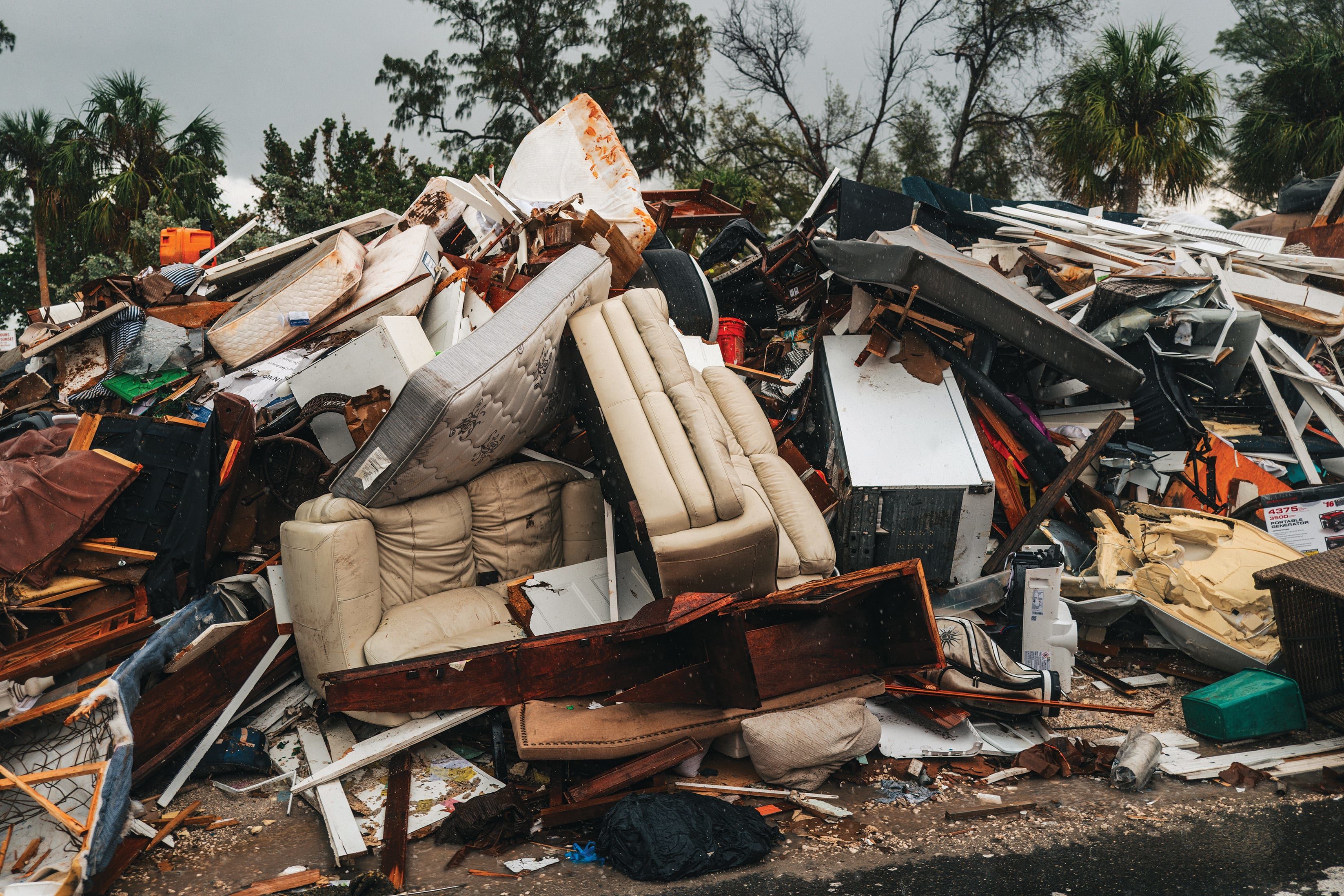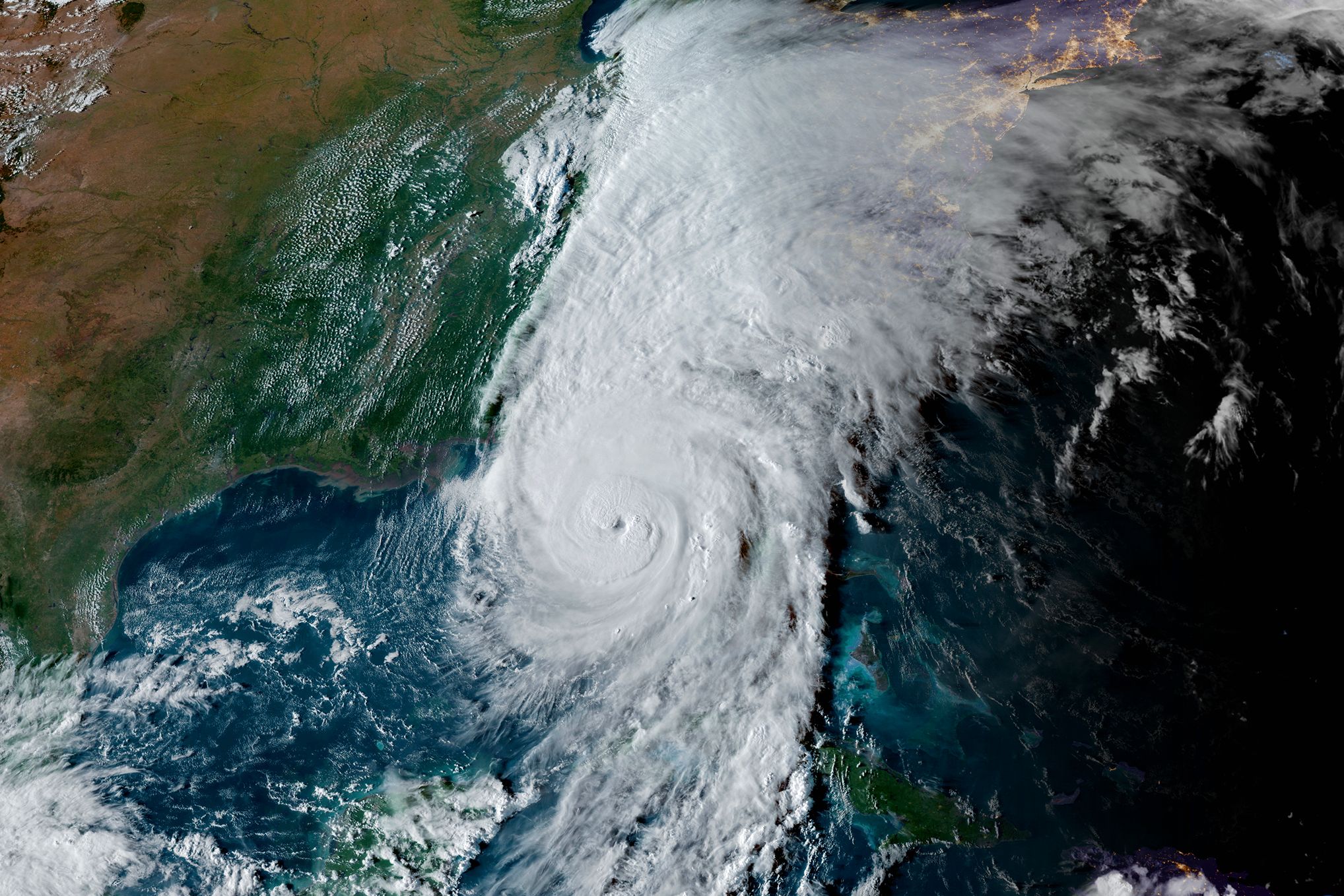Keep Your Eyes on the Tropics This Month

Image: NOAA
No one is looking forward to another hurricane season after last year's trifecta of storms—but we have to deal with it, so that's what we will do.
Hurricane season's official dates are June 1 to Nov. 30. June can be a concerning month for the Suncoast, because storms form in the southern Caribbean and then move northward through the Yucatan area into the Gulf. (Remember last year's unnamed June storm that dropped record rainfall?)
This year, sea surface temperatures are very warm in this area—which means any storm that takes shape there could intensify into an early named storm or even a hurricane.

Image: Courtesy Photo
The blue area is the most likely area in which June storms will form.
The Climate Adaptation Center (CAC) made its first in-the-nation forecast on April 1 to give our Suncoast communities maximum time to prepare for another active season. The other major forecasts are from the Colorado State University (CSU), and the National Oceanic and Atmospheric Administration (NOAA). NOAA issued its forecast a few weeks ago.
Here's a comparison of each organization's 2025 Atlantic hurricane season forecast:
- CAC: Predicts 17 named storms, 10 hurricanes, and five major hurricanes.
- CSU: Forecasts 17 named storms, 9 hurricanes, and four major hurricanes.
- NOAA: Anticipates 13 to 19 named storms, six to 10 hurricanes, and three to five major hurricanes.
All three forecasts suggest an above-average hurricane season, emphasizing the importance of preparedness.
Early indications show a storm could form in a week to 10 days in the favored area shown in the first image. That's why you should be sure you have made your plans.
Clearly, recent years have been tough for Florida and the Gulf coast. Just look at the number of major hurricanes and where they struck land.

Image: Courtesy Photo
Here are a few of the questions you should ask yourself in your preparations:
- Have you made plans of where you will evacuate if notice of evacuation is given for your specific risk zone?
- Do you have your insurance updated and your important papers ready to take with you in the event of a storm?
- If you will not be occupying your home over the summer, have you cleared your patio and made plans for your cars to be taken to a safe place—especially if you are in a flood, surge, or high wind area along the coast?
Bob Bunting is a scientist, entrepreneur and educator and the CEO of the nation’s first Climate Adaptation Center (CAC), headquartered in Sarasota. The Climate Adaptation Center is an expert resource to inform government, academe, the private sector and philanthropy so they can create the necessary adaptation strategies and actions to protect the Florida way of life and foster the climate economy while larger global solutions evolve to solve the climate problem. Contact Bob at [email protected] for more information.



